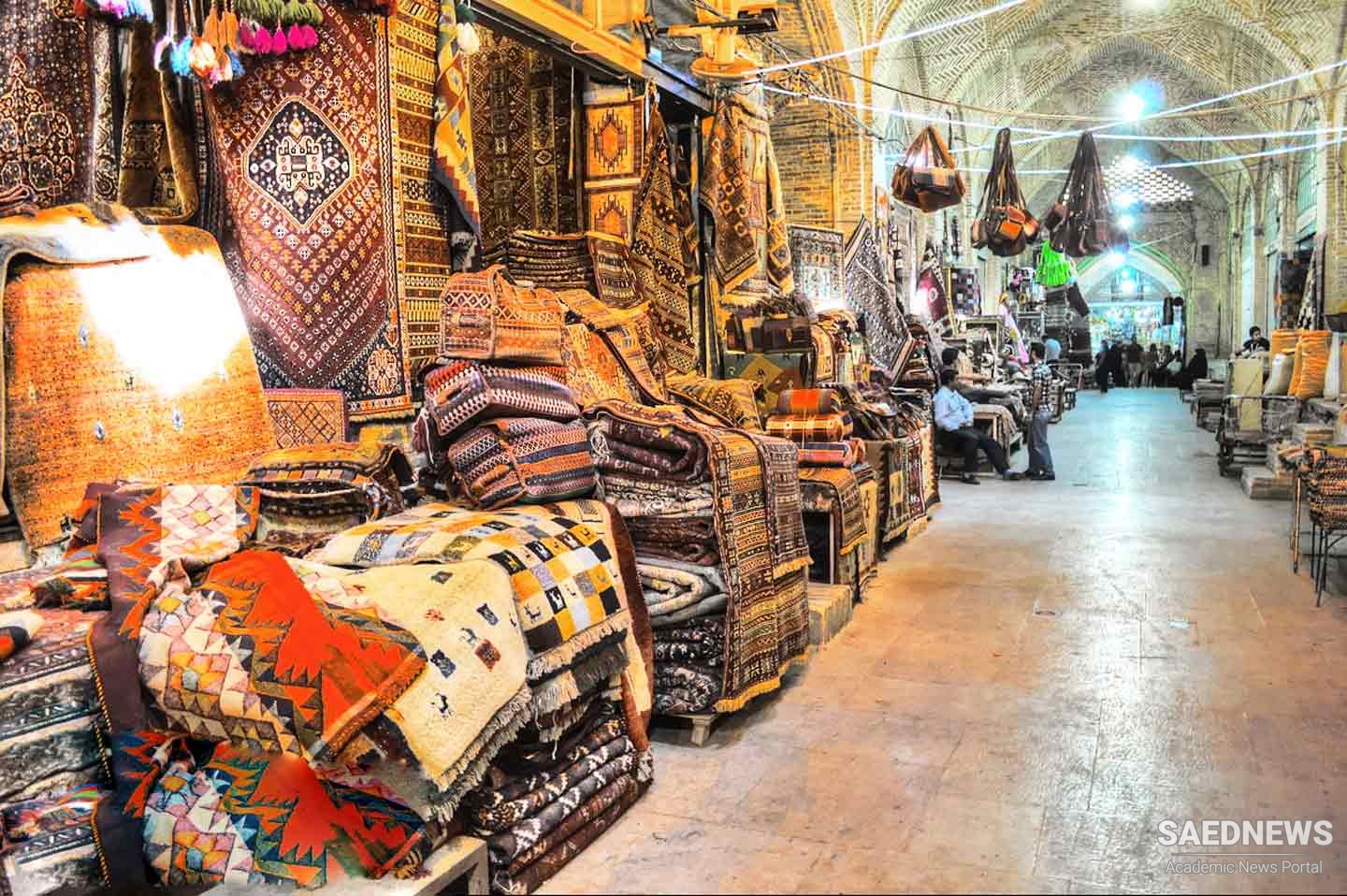Customers who walk into the shop after you may be served before you, possibly because they are faster to ask for what they want (this happens to me all the time). Complaining that you were there before them will probably work, but Iranians will consider this strange, because in shops the understanding is “ask and you will be given.” Lines are formed in banks, government offices, and traditional bakeries because it is clear that a customer wants something.
This is not the case in shops, where customers may not find what they are looking for, or may be trying to decide what to buy, so customers don’t line up. Iranians are seasoned negotiators, having developed their skills since childhood, and, apart from the financial gain, often enjoy the bargaining experience for the sake of it.
In Iran, almost everything apart from retail groceries and restaurant and hotel bills is negotiable. Bargaining for an item or a service is a task that takes some getting used to. In the West, large shopping chains carry out their own kind of bargaining: chain stores undercut competitors with offers like “buy one and get one free,” or promising to refund the difference if you find the same item cheaper elsewhere. Because this bargaining takes place at a corporate level, Western visitors are generally not used to bartering in the context of everyday shopping in the same way that Iranians are.
Shopkeepers believe that the first sale of the day (dasht-e avval) carries a special blessing. If it is an expensive purchase such as clothes, shoes, or electrical goods, shoppers will have an advantage when it comes to bargaining.


 Reza Shah's Institutional Revolution: Creation of a New Man for a New Age
Reza Shah's Institutional Revolution: Creation of a New Man for a New Age














































